
Lincoln Reconsidered; Essays on the Civil War Era
哥伦比亚大学教授,内战史专家,普利策传记奖两次获得者唐纳尔德《美国内战史》现货!非代购!非“海外库房”发货!
¥ 167 八品
仅1件
浙江杭州
认证卖家担保交易快速发货售后保障
作者David Donald
出版社Alfred A. Knopf
出版时间1969
装帧精装
页数200页
上书时间2023-09-22
- 在售商品 暂无
- 平均发货时间 1小时
- 好评率 暂无
- 店主推荐
- 最新上架
商品详情
- 品相描述:八品
- 图书馆藏书,毛边本。
- 商品描述
-
David Herbert Donald was born in Goodman, Mississippi, about 30 miles north of Jackson. When Donald was growing up, the town had fewer than 700 inhabitants, a population nearly equally divided among its black and white residents. Donald’s father was a cotton farmer, his mother a schoolteacher. Although their means were limited, they encouraged all their children to study and go to college. Young Donald had no particular inclination to pursue an academic career when he entered Millsaps College in Jackson, but he was deeply impressed by his history professor, Vernon Wharton.Professor Wharton encouraged his student to write a dissertation on a Lincoln-related theme, the better to take advantage of his familiarity with the material. At Randall’s suggestion, Donald produced a study of Lincoln’s friend and law partner, William Herndon. Herndon himself had been the subject of intense controversy since 1889 when he published an unusually candid memoir of his friendship with the late president. Donald’s dissertation was published as a book, Lincoln’s Herndon, in 1948, with endorsements by Randall and by the poet Carl Sandburg, an Illinoisan who had himself written a popular book on the life of Lincoln. The critical success of Donald’s book led to prestigious academic offers, including one from Columbia University. Donald genuinely enjoyed teaching and gladly served as mentor to successive generations of young historians. When he graduated, David Herbert Donald still had no greater career ambition than to become a high school band teacher, but the one interview he had for such a position put him off the idea. He applied to a number of graduate schools, in hopes of receiving a fellowship and postponing his job hunt. He won admission to the University of Illinois, where he was befriended by the historian James G. Randall and his wife, Ruth. Randall was the era’s pre-eminent Abraham Lincoln scholar, then at work on Lincoln the President, a four-volume study of the 16th president that would remain the definitive work on the subject for many years. Donald assisted Randall with his research, meticulously checking references in libraries and in the archives in Springfield, ground zero for Lincoln research. Donald immersed himself in the subject and deeply enjoyed the research process.In the 1950s, Donald wrote Divided We Fought, a pictorial history of the Civil War, and edited the diaries of Lincoln’s treasury secretary Salmon Chase, as well as two collections of essays, Lincoln Reconsidered and Why the North Won the Civil War. He also revised his mentor James Randall’s textbook Civil War and Reconstruction. Donald’s revised edition appeared in 1961. He would revise the work again in 2001. But as a small-town Southerner, Donald felt out of place in New York City, and when his contract at Columbia expired, he surprised his colleagues by turning down a permanent appointment there to teach at Smith College in Northampton, Massachusetts. This was the beginning of a long academic odyssey that would lead him back to Columbia, then to Princeton, Johns Hopkins, and Oxford.
Professor Donald continued his own work on the Civil War era with a two-volume biography of Charles Sumner, the abolitionist senator from Massachusetts who enjoyed a personal friendship and a complex political relationship with President Lincoln. The first volume of this work, Charles Sumner and the Coming of the Civil War, won the 1961 Pulitzer Prize for Biography.After his long immersion in the politics of the 19th century, Donald turned to American literature of the 20th century for his next work, an incisive biography of the Southern novelist Thomas Wolfe (1900-1938), whose first novel, Look Homeward, Angel, had made a huge impression on the young Donald as a teenager in Mississippi. Donald traced Wolfe’s journey from the hills of North Carolina to Harvard, New York City, Europe, and back again, through the publication of Wolfe’s posthumous novel You Can’t Go Home Again. Wolfe’s sprawling novels had fallen out of favor with critics in the ’60s and ’70s, but Donald’s Look Homeward: A Life of Thomas Wolfe was hailed as a unique accomplishment. In 1988, Donald received a second Pulitzer Prize for Biography for this work.
— 没有更多了 —
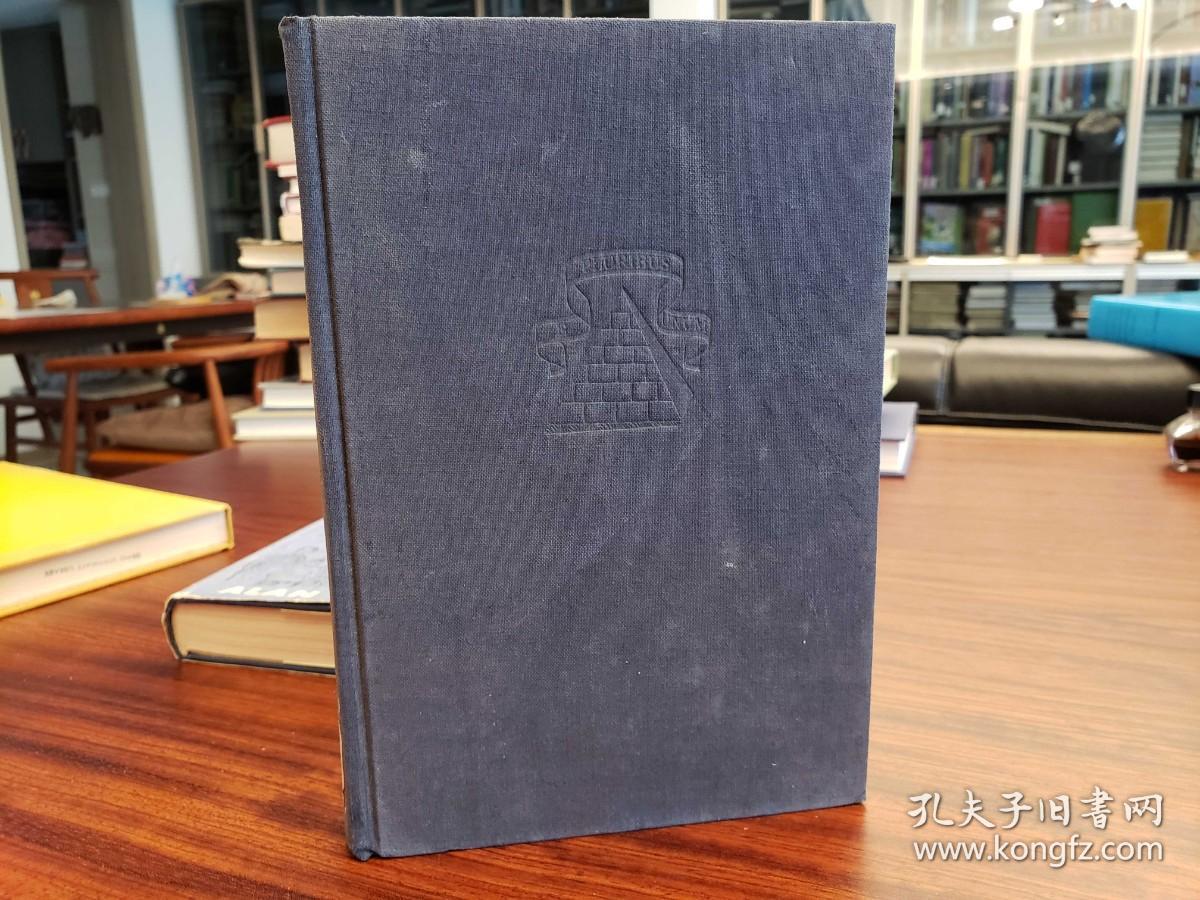
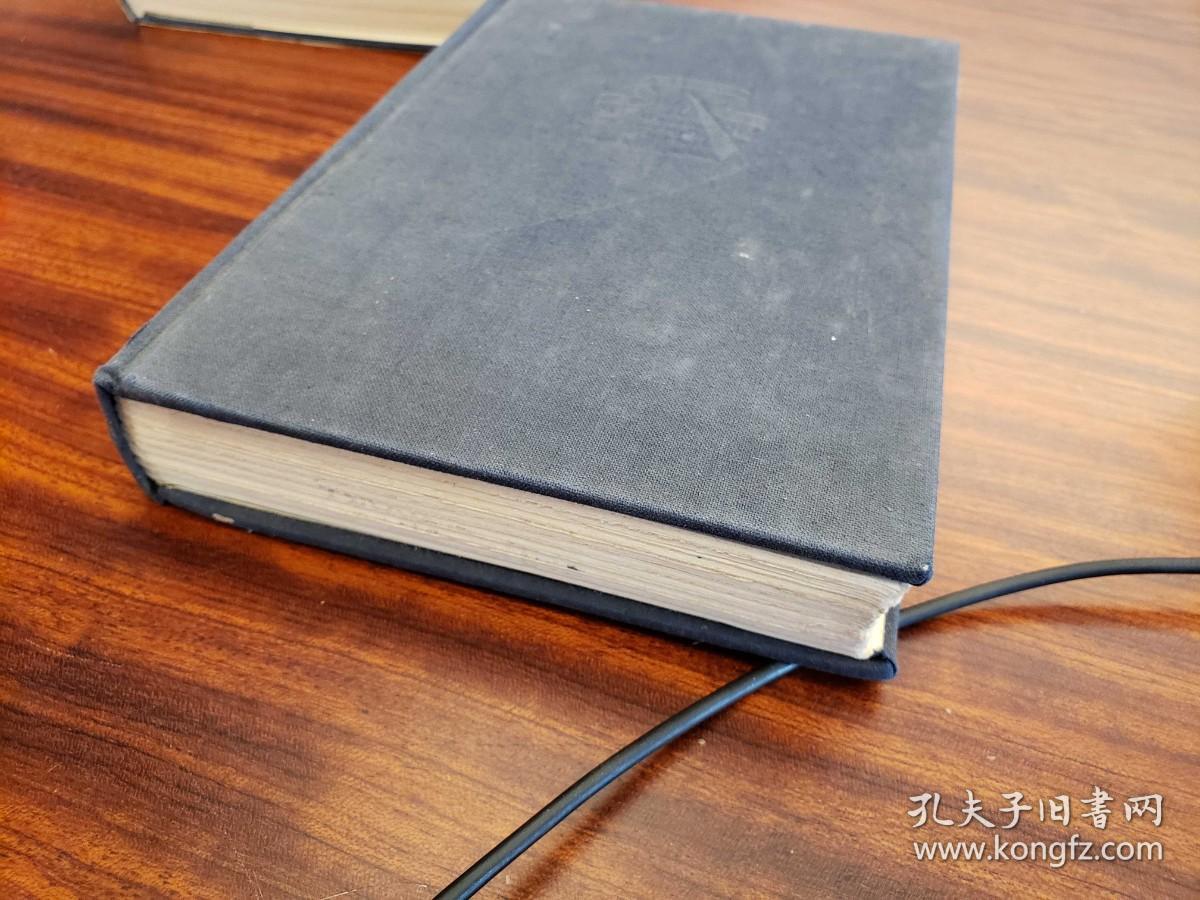
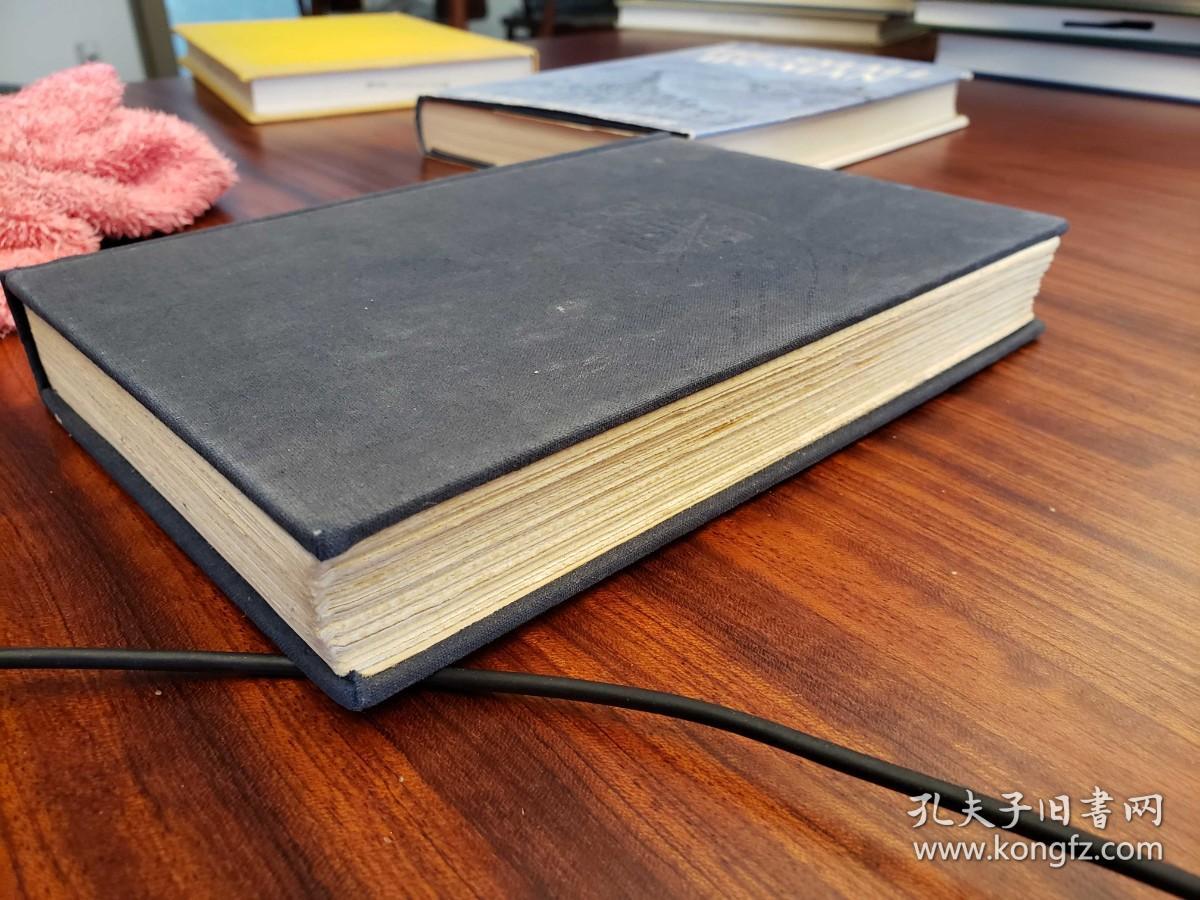








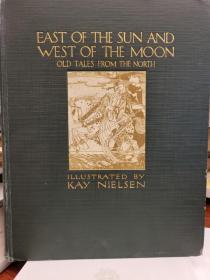
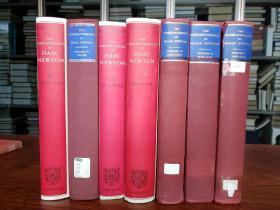

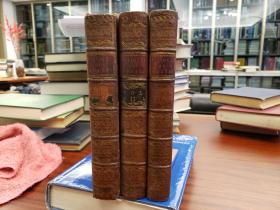
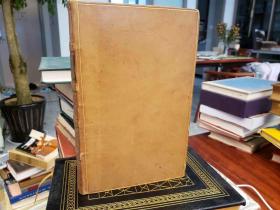



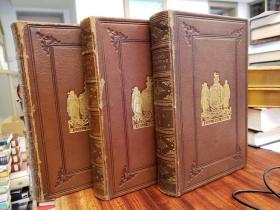

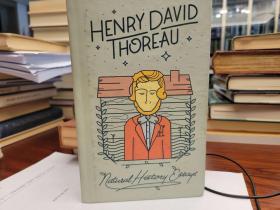

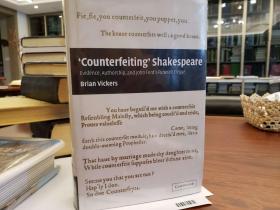
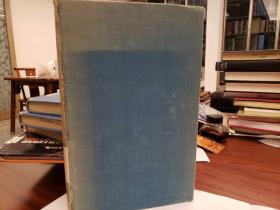


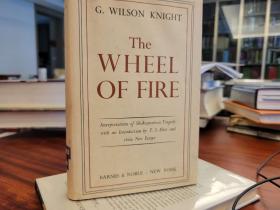
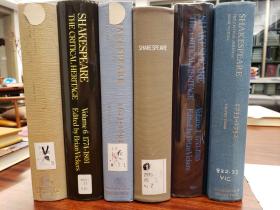

以下为对购买帮助不大的评价